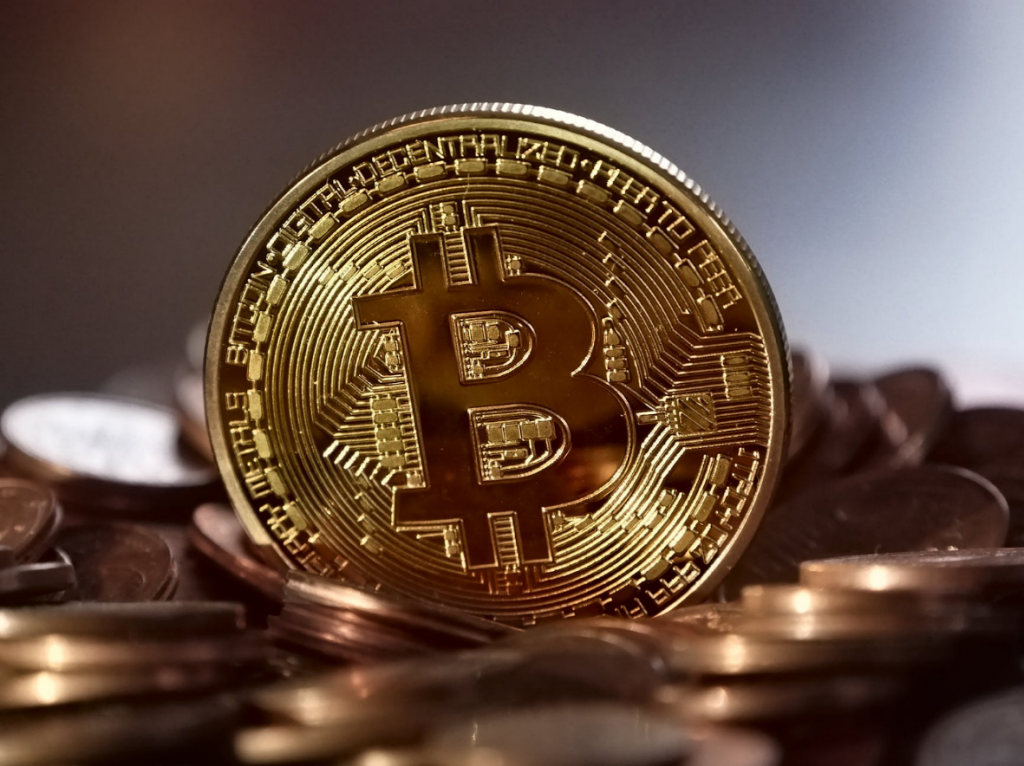After many years of research and development, China is close to releasing its own cryptocurrency built with blockchain technology. The People’s Bank of China, the country’s central bank, said it would release the digital asset in a two-tiered system, where both commercial banks and the central bank can issue the asset in lieu of cash.
Some believe this could open the door to an entirely new world for cryptocurrencies:

“Personally, I’m still struggling to understand the advantage of this over the current system,” Mati Greenspan, senior market analyst at trading platform eToro, said in a note Monday. “Something tells me that this is a completely different animal from what we know as cryptocurrencies.”
This may come as a surprise to many, as in 2013 China banned Bitcoin transactions for financial institutions in its country. They also banned all foreign cryptocurrency exchanges in 2018 in an attempt to prevent financial risk to the general public. However, a centrally controlled cryptocurrency would allow the nation to not only help the millions of its citizens in rural areas gain access to banking, but also for the Chinese government to track each and every transaction, giving them even more control of the flow of capital in their country.
ZCash, a digital asset which has been dubbed as the cryptocurrency privacy alternative to Bitcoin, was recently removed from Coinbase in the United Kingdom. The company leading the development of ZCash, The Electric Coin Company, tweeted:
“Those affected by @coinbase UK issues: this is limited to Coinbase UK only. UK residents can still buy/sell Zcash through @cex_io. No other exchanges in the UK affected.”
The reason for this move appears to be that Coinbase’s new bank, ClearBank, demanded that the exchange remove ZCash from its platform. Barclays, Coinbase’s previous bank, made no such demand from the company. Apparently, ClearBank had concerns over the anonymity given to ZCash users.
Users can transact in ZCash without any of their information, or the information of their transactions, becoming public. Hardcore cryptocurrency enthusiasts are big proponents of such high levels of anonymity which makes it extremely difficult for censorship or control over the digital asset.

This news came on the heels of an announcement by the UK financial regulator, the Financial Conduct Authority (FCA), which demanded that such cryptocurrencies abide by anti-money laundering laws in the country.
The FCA said:
“A combination of market immaturity, volatility, and a lack of credible information or oversight raises concerns about market integrity, manipulation and insider dealing within cryptoasset markets. This may prevent the market from functioning effectively and damage its reputation.”
Cryptocurrencies not only brought with them a revolution in payments and digital assets, but also a similar revolution in fraud and manipulation. A recent case study estimated that already in 2019 there have been $4.3 billion in lost funds by exchanges, investors, and cryptocurrency users due to cyber attacks.
According to the report from blockchain security firm CipherTrace, Bitcoin is still the main culprit of underground, illegal market activity:
“The results show that privacy coins are barely used in dark markets and at dark vendor sites (e.g. only 4% of instances involve Monero (XMR). Instead, Bitcoin remains the coin of the realm in this shady world, with BTC used in 76% of dark market cases and ETC used in only 7% of instances.”
Cryptocurrency users and investors still have to take steps to secure their digital assets and avoid fraud. Keeping cryptocurrencies safe in cold storage, such as a hardware wallet, is one method of keeping digital assets safe. Another method is to use different email addresses and passwords for various cryptocurrency exchanges, that way if one exchange is hacked, information for multiple exchange accounts is not released.
Don’t look now, but the king of cryptocurrencies is taking back its market share. Bitcoin has risen from the depths of prices below $3,500 to above $10,000 in recent months, and at the same time, it is taking back its market share which had been previously overthrown by other cryptocurrencies. Bitcoin’s total market share fell to as low as 33% at the beginning of 2018 before beginning quickly reverse course. As of August 12th, Bitcoin’s market share exceeded 68%.
While Bitcoin is still seen as risky, it is other cryptocurrencies which are viewed as even riskier:

“As much as Bitcoin was a risky asset class, I think alt coins are significantly riskier,” said Yoni Assia, co-founder and chief executive officer of online trading platform EToro, in an interview at Bloomberg’s New York headquarters. “A lot of people got burned or had a bad experience during crypto winter,” he said, referring to a period toward the end of 2018 when digital assets sold off precipitously. Investors who held alternative coins saw their values drop by 90% sometimes, he added.
There was a significant amount of hype surrounding Facebook’s recent announcement of its new Libra cryptocurrency. Unfortunately, for the time being it appears as though the new digital asset won’t even make it to launch. The SEC has cited the fact that the agency has not yet met with Facebook about the cryptocurrency since its announcement.
In its recent quarterly report filing, Facebook outlined its problems with Libra moving forward, and hinted that the project may never see the light of day:

“Our participation in the Libra Association will subject us to significant regulatory scrutiny and other risks that could adversely affect our business, reputation, or financial results.
Libra is based on relatively new and unproven technology, and the laws and regulations surrounding digital currency are uncertain and evolving. Libra has drawn significant scrutiny from governments and regulators in multiple jurisdictions and we expect that scrutiny to continue.
In addition, market acceptance of such currency is subject to significant uncertainty. As such, there can be no assurance that Libra or our associated products and services will be made available in a timely manner, or at all.”
A representative from the company previously went in front of the US Congress to explain the concept for Libra and how it would work. However, this meeting did not appear to clear up any of the concerns the Congressional committee had for Facebook and its future cryptocurrency endeavour.